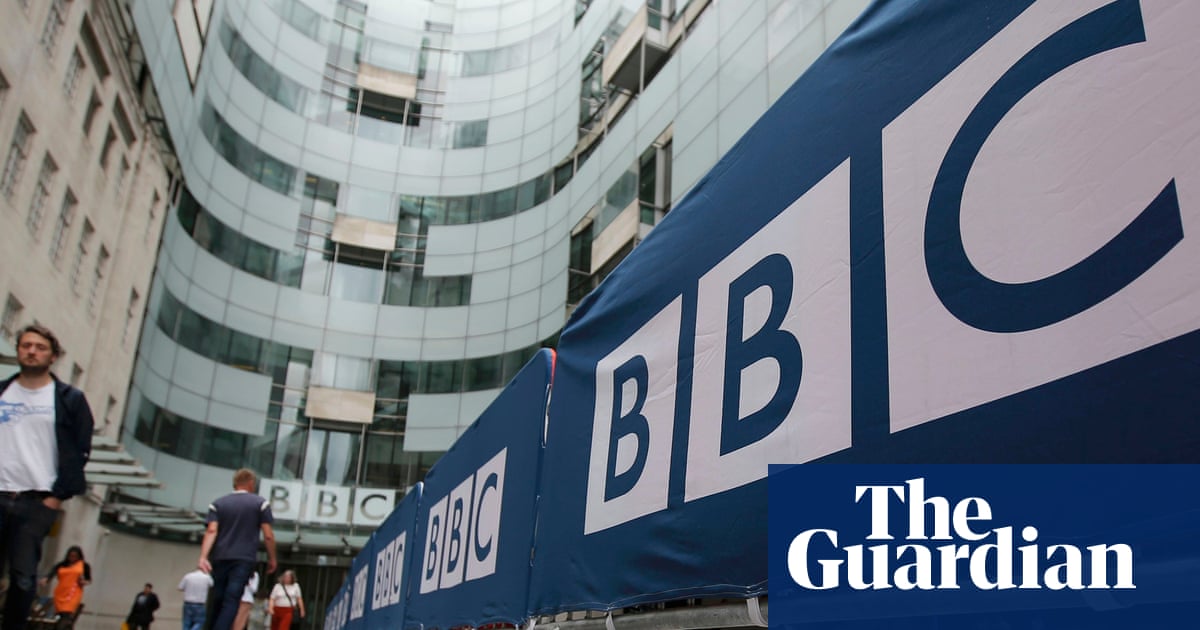The article emphasizes the significance of the BBC World Service in combating misinformation and highlights concerns regarding potential funding cuts. It reflects on the historical importance of the service and its role in maintaining the UK's international reputation. The letters included provide personal anecdotes and opinions that underscore the necessity of sustained support for the BBC World Service.
Purpose of the Article
The primary intention behind this article seems to be advocating for the preservation and financial backing of the BBC World Service. By illustrating the long-standing credibility and importance of the service in delivering truthful news, the article aims to mobilize public opinion in favor of continued support amidst potential government budget cuts.
Public Perception
This article seeks to create a sense of urgency around the preservation of the BBC World Service, portraying it as an essential entity in the fight against fake news. It aims to evoke pride in British culture and encourage collective action to safeguard a trusted source of information.
Omissions and Concealment
While the article focuses on the BBC World Service's merits, it does not address the broader context of media funding and potential implications of government budget priorities. This selective focus could suggest an attempt to downplay alternative viewpoints regarding media funding or the evolving landscape of information dissemination.
Manipulative Aspects
The article can be perceived as having a manipulative nature due to its emotive language and appeal to national pride. It positions the BBC World Service as not just a news outlet but as a cornerstone of British culture and identity, which could influence readers to support funding without critically evaluating the broader implications.
Truthfulness of the Content
The claims regarding the BBC's historical importance and its current challenges appear to be factual, as they are based on observable trends in media funding and public discourse. However, the framing of the issue could create a bias, emphasizing the need for support while downplaying alternative solutions or perspectives on media funding.
Societal Implications
The potential outcomes of this article could include increased public support for the BBC World Service, influencing government decisions regarding funding. Furthermore, if the public perceives the service as crucial for maintaining democratic values and combating misinformation, this could lead to broader discussions about media accountability and the role of public broadcasting.
Target Audiences
This article likely resonates more with individuals who prioritize reliable news sources and have an interest in preserving cultural institutions. It appeals to those who value the historical significance of the BBC and are concerned about the impact of misinformation on society.
Economic and Market Impact
While the article primarily focuses on the cultural and informational aspects of the BBC World Service, its implications for public funding could affect sectors reliant on accurate information. Companies and investors who depend on a stable media landscape for economic forecasts and consumer behavior may find this issue relevant.
Geopolitical Considerations
The implications of the article extend into the realm of soft power and international perception of the UK. As misinformation becomes a significant issue in global politics, the integrity of news sources like the BBC World Service can impact the UK's standing and influence on the world stage.
Artificial Intelligence Speculation
There is no clear indication that artificial intelligence was used in crafting this article. However, if AI were involved, it could have influenced the style and tone, perhaps by emphasizing emotional appeals or structuring the content to enhance readability and engagement.
In summary, the article advocates for the ongoing support of the BBC World Service, framing it as a necessary institution in the fight against misinformation. It leverages emotional and cultural appeals while omitting broader discussions surrounding media funding. Its potential impact on public opinion and government policy underscores the importance of the BBC in the current media landscape.
